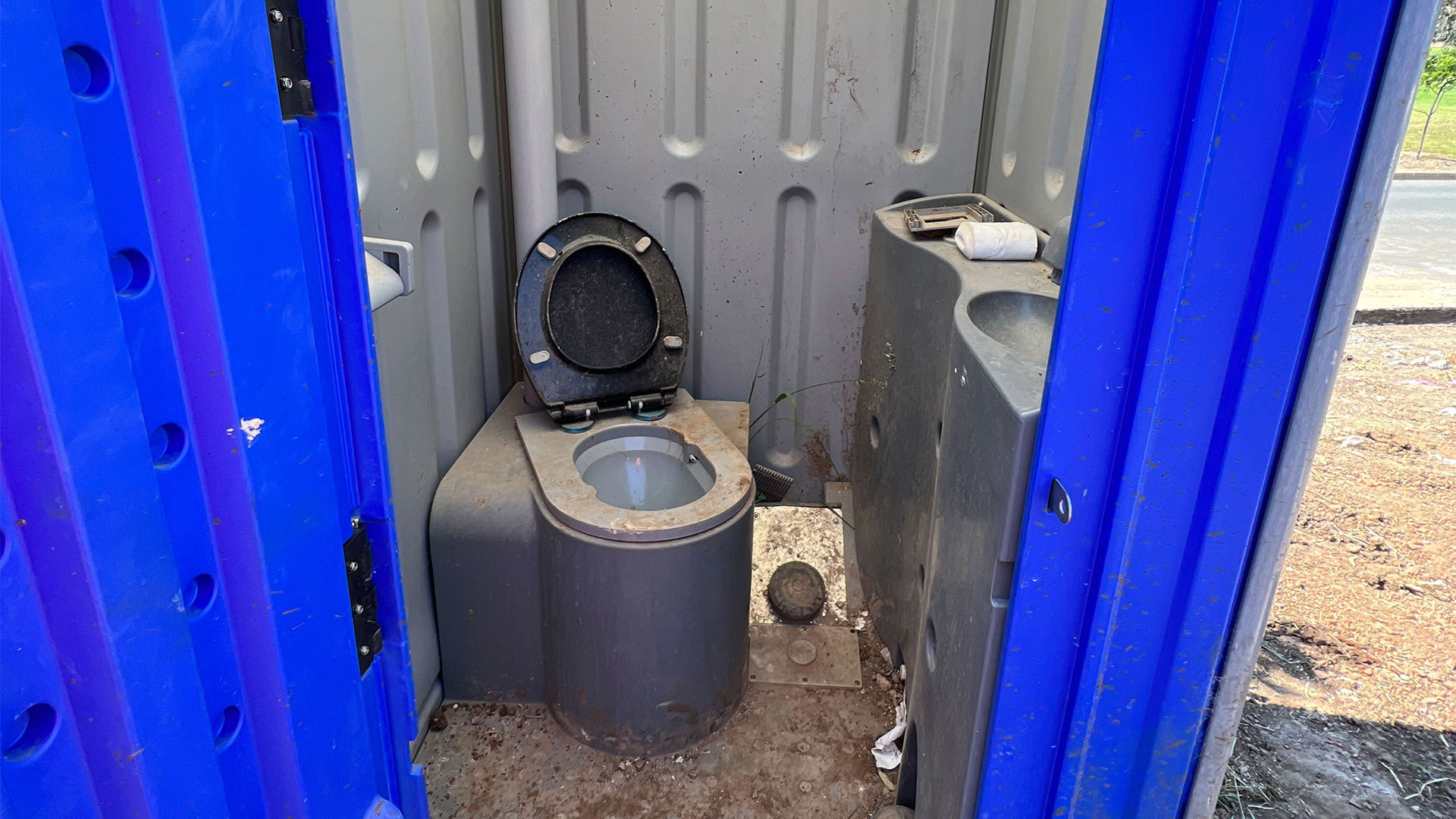
16 May 2024
A snap inspection of portable toilets on residential construction sites has found most were unclean, unhygienic or lacked basic amenities – turning them into no-go zones for workers.
SafeWork SA audited 168 residential building sites in metropolitan Adelaide over a six-month period, issuing builders with 103 toilet-related improvement notices.
A total of 90 residential construction sites either did not provide clean, hygienic or conveniently-located toilets with a further 13 of those sites failing to even provide a toilet – a breach of an employer’s obligation to construction industry workers.
Of the 90 sites that were non-compliant, the audit found:
- 93 per cent did not have a sanitary bin for women.
- 67 per cent had an inadequate supply of paper towel.
- 64 per cent had little or no soap provided.
- 49 per cent failed to have a bin.
- 43 per cent had little or no toilet paper.
- 39 per cent were not regularly cleaned.
- 10 per cent were not located in a secure place with safe access.
Some of the toilets were so filthy that workers resorted to balancing on bricks or wooden blocks to avoid direct contact with the seat.
The audit, conducted between July and December last year, formed part of a broader SafeWork SA campaign around managing the risk of falls on residential construction sites.
SafeWork SA inspectors used the opportunity to audit on-site toilets in support of a Communications Electrical Plumbing Union (CEPU) and Electrical Trades Union national campaign to ensure worksites had accessible toilets.
So far this year, SafeWork SA has issued a further 54 improvement notices relating to toilets. About 49 of these toilets were on construction sites with residential construction accounting for 88 per cent of these non-compliances.
In March last year, SafeWork SA published new guidelines on toilet facilities at construction sites in collaboration with South Australian branches the CEPU, Construction, Forestry, Mining and Energy Union, Master Builders and Civil Contractors Federation. At the time, SafeWork SA advised industry that they had received 765 complaints associated with toilets over the previous 10 years, with the construction industry accounting for 42 per cent of gripes.
For more information about the guidelines, visit www.safework.sa.gov.au
Attribute to SafeWork SA Executive Director Glenn Farrell:
Portable toilets must be maintained and serviced in a hygienic way to minimise the risk of infections and disease for workers and others that may use them.
A safe construction site starts with the fundamentals of having a clean toilet, equipped with the necessary facilities to accommodate all who use them.
Over nine months, we’ve issued 157 improvement notices for unclean or poorly maintained toilets on construction sites, which is extremely disappointing.
If the builder has a blatant disregard for suitable toilet facilities supplied to workers, there’s a good chance that other standards and safety performance on site are compromised.
Attribute to Communications Electrical Plumbing Union South Australian Branch Secretary John Adley:
All workers have a right to appropriate hygienic amenities as a basic workplace health and safety requirement; workers in residential construction should not be an exception.
Employers in the building industry tell us that they have trouble attracting and retaining workers. Getting the basics right would be a good start to addressing these problems.
We want to attract more women into male dominated industries like construction. The task is made harder when employers fail to provide basic amenities.
Employers in residential construction need to get their act together and provide the worksite amenities they are legally required to.


